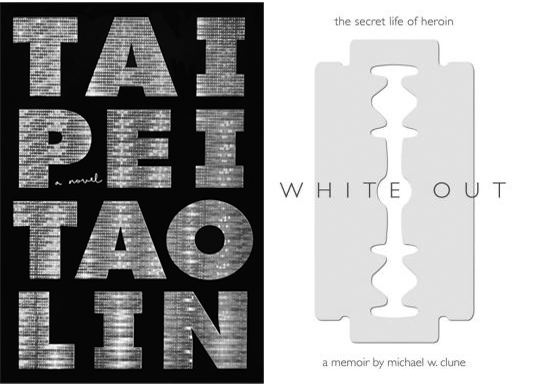
MICHAEL W. CLUNE: My experience with addiction convinced me that there was no getting out from any place within myself. My memories, my impulses, my reflexes, my relationships, my goals, my future, past, and present were all terminally infected. So to escape the memory disease—to escape addiction—I had to start over, outside me. How to get outside?
The first step was forming new habits. Every night, I just wrote a list of things that are good to do, and the next day I read the list and did them—did them until I didn’t have to read the list anymore. Brush my teeth. Eat a banana. Work on my dissertation for three hours. Take a walk. Go to an NA meeting. Repeat. Pretty soon I’m a different person. The self isn’t really that solid; it’s mostly composed of things from the outside world. And habits are the tape and rope and staples that get things outside stuck in us.
Sometimes people tell me they’re scared to get into recovery, because they’re scared they’ll lose the “real me.” I’ve never been able to understand this. I’ve always been very happy to lose the real me, it’s just hard to find takers. Habit is a taker.
Meditation is another. And that was the part I didn’t really want to analyze, because once I did, when I was writing that scene about meditation, it hit me that what my friend Cash had said all those years ago was true: the thing I find in meditation is the thing I found in heroin—timelessness in time, stasis in motion.
An excerpt from Tao Lin and Michael W. Clune’s recent conversation about memory, the self, their books, Sid Meier’s Civilization, and dying one trillion times. Read the rest on Believermag.com.




